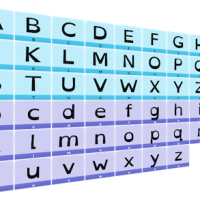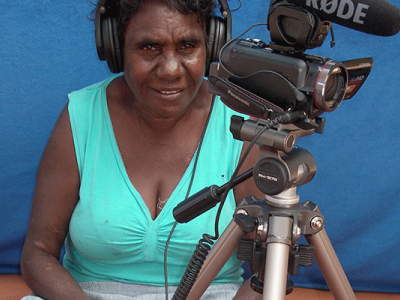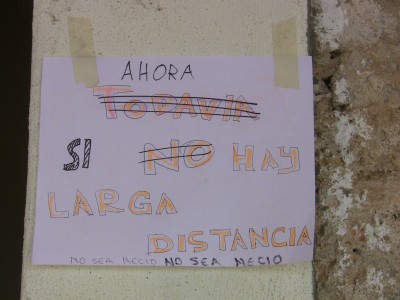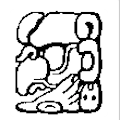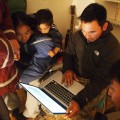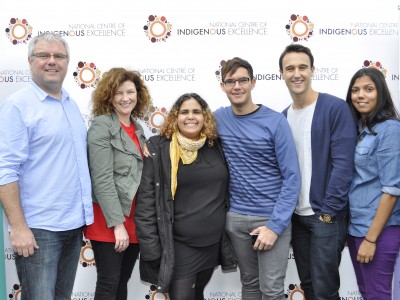Rachael Petersen is a 2012-2013 Thomas J. Watson Fellow investigating indigenous peoples’ use of technology as a tool to further their rights in five different regions: the Canadian Arctic, the Ecuadorian and Brazilian Amazon, Borneo Malaysia and the Australian Outback. She is also an author for Global Voices. Follow her research and travels at www.globalnativenetworks.com.
Latest posts by Rachael Petersen
CLC 2014: Coding for Language Communities
"Can the Subaltern code?" CIDLeS Summer School 2014: Coding for Language Communities, a conference that aims to give everyone the ability to engage digital spaces in their mother tongues.
OpenDyslexic: the Font Designed to Make Reading Easier
Recognizing the difficulties dyslexic readers face every day, OpenDyslexic is an open sourced font recently developed, helping to make the Internet more accessible to those suffering from this neurological condition.
An Unashamed Inuk, Rising Indigenous Pop Star
Inuktitut singer Kelly Fraser says, "It’s hard to explain that I’m working to save the Inuit language... No matter what people say, no matter what we’re doing, a lot of our traditional culture goes away the more we learn about the other world... I want to help and make our language stronger so we can identify ourselves."
Aboriginal Australians Create Online Hand Sign Dictionary
Iltyem-Iltyem, meaning "signaling with hands" in the Anmatyerr language, is a women-led project collecting hundreds of videos from four Aboriginal communities, documenting sign language which has been used for generations to communicate across distances, when someone else is talking, or in secret.
Zapoteco Community Launches Autonomous Cellular Network
A rural indigenous village in the mountains of Oaxaca teams up with the NGO Rhizomatica to form the first autonomous, community-run cellular network in the world. The project, Dizha Kieru, is one of this year's Rising Voices micrograntees.
Soap Operas for Cultural Preservation: Mexico's First Indigenous Telenovela
A new telenovela debuts in Mexico - and for the first time, in an indigenous language. Baktún tells the story of Jacinto, a young Maya man who must face the problems of immigration and while holding on to his roots. It's also debuting on Youtube and thus accessible by mobile phone, reflecting the ways local access to media is changing.
Crowd-Sourcing Translations: Your Video Game in Inuktitut
The company Pinnguaq helped crowd-sourced a translation of the videogame Osmos into indigenous Inuit language. "These kids were not hearing the language they speak at home and at school in these games and they are not seeing their culture reflected in the media they consume," said Ryan Oliver.
Summit Addresses Indigenous Digital Divide in Australia
The Indigenous Digital Excellences Agenda Summit took place at the National Centre of Indigenous Excellence in Redfern, Australia this past June. Around forty emerging and established indigenous thought-leaders from around the country attended to discuss and share ideas around increasing indigenous engagement with digital technologies in Australia.
iDecolonize: A Review of Indigenous Language-Learning Apps
Want to converse with the Inuit in their native tongue or greet a Maori man in the proper way? There's an app for that... A review of many new, colourful, interactive apps for learning indigenous languages from around the world.


